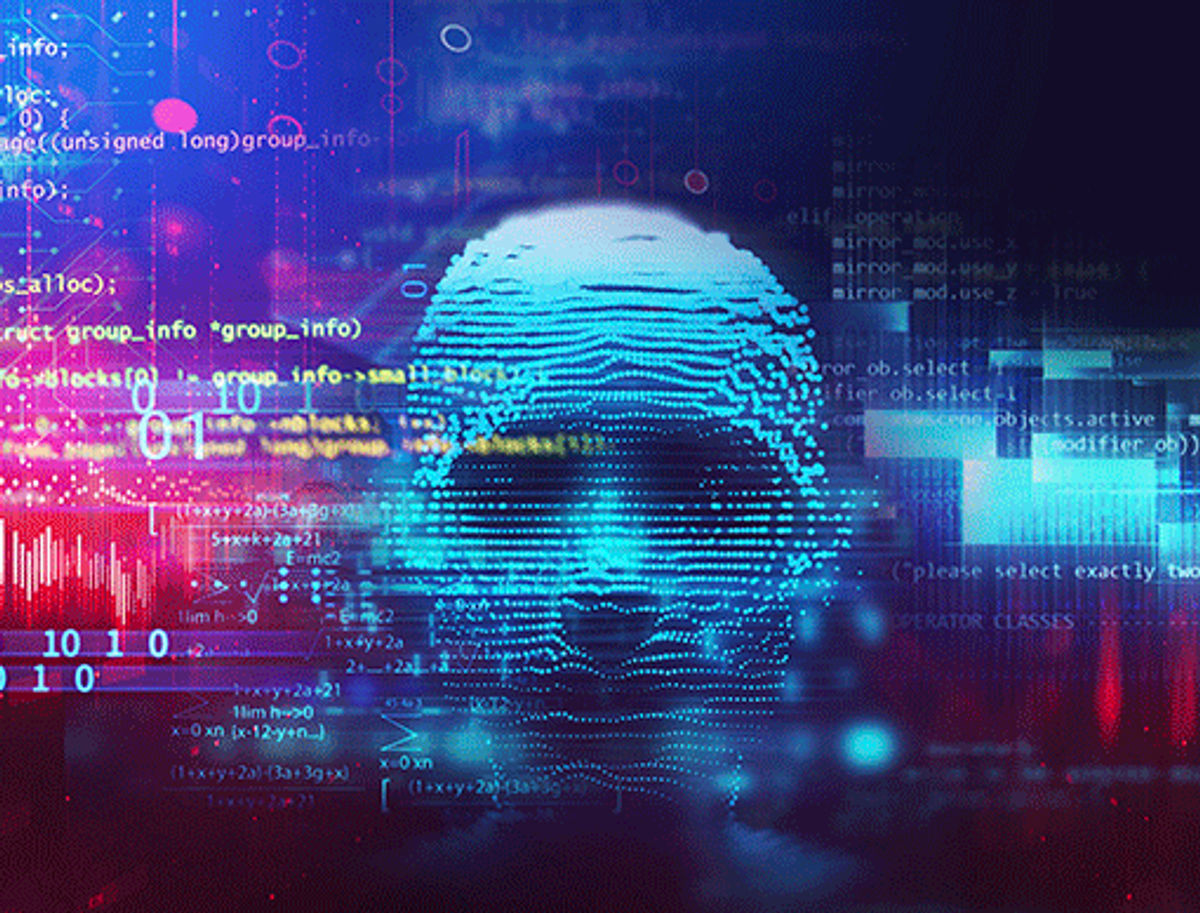
Emerging technologies have undoubtedly revolutionized many industries, yet the travel industry has not fully unleashed all their potentials. Phocuswright’s latest travel research report At a Crossroads: Underappreciated Tech in Travel breaks down this critical juncture in travel, discussing why some technologies which have received a lot of publicity – specifically virtual and augmented reality (VR/AR), Web3 and the Internet of Things (IoT) – remain underappreciated in the industry. It aims to reveal how these technologies can be better leveraged for travel based on specific use cases and examples from outside the industry.
While the travel sector has invested significantly in startups, most recently focusing on hospitality and business travel companies, the scale and diversity of investment appear to be less extensive compared to other industries. According to a McKinsey analysis of Phocuswright and Pitchbook data, over the past 15 years the travel and tourism industry received around 1% of funding for startups across all industries. Moreover, players within travel are rightly pushing forward with key tech innovations, especially in aviation and hospitality. Yet they lag in testing and adopting new technologies, mainly due to the following:
- First, the capital investment of implementing and maintaining advanced external technologies leads to slower internal adoption rates, especially compared to other sectors where technology is a core part of the growth strategy.
- Second, the complexity of integrating emerging technologies in a way that enhances rather than complicates the travel experience can also hinder widespread implementation.
- Furthermore, the sector has traditionally been cautious in embracing new technologies due to concerns about disrupting the established human touch – a core element of hospitality and travel.
The last point is significant, often stemming from how these developments are initially touted. For example, the metaverse is advertised as offering consumers the ability to live a virtual second life, and artificial intelligence is presented as capable of replacing much human work and expertise.






